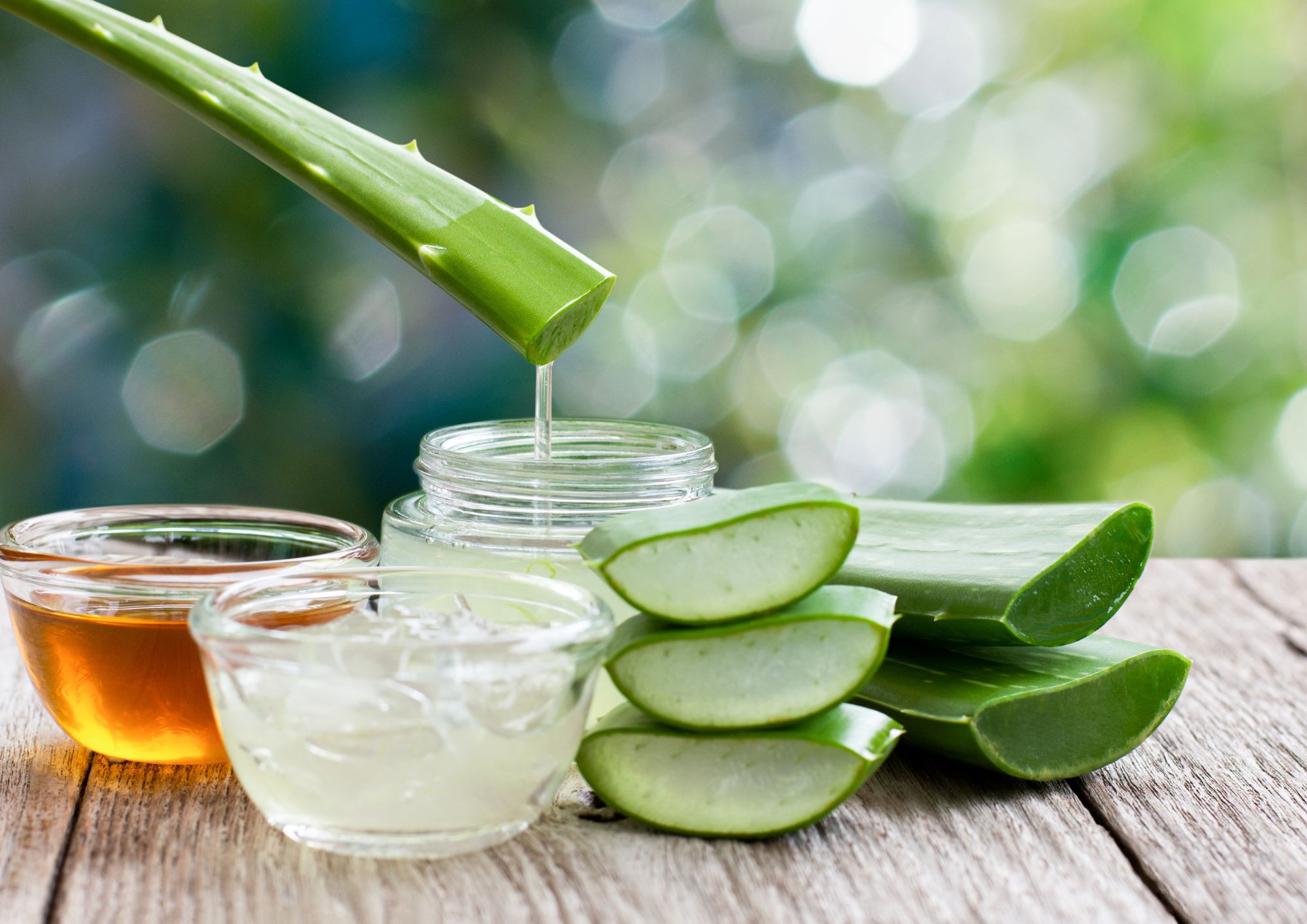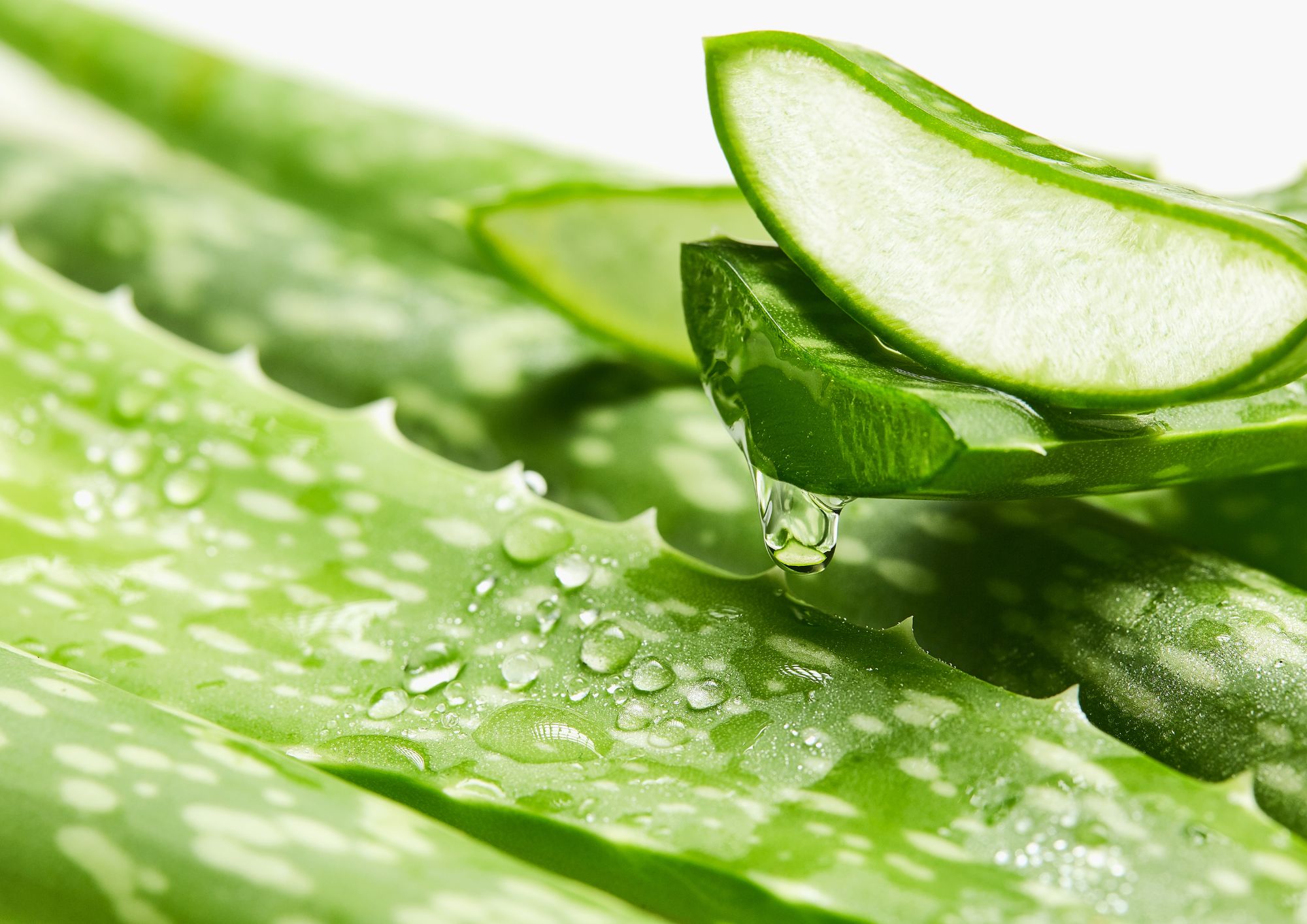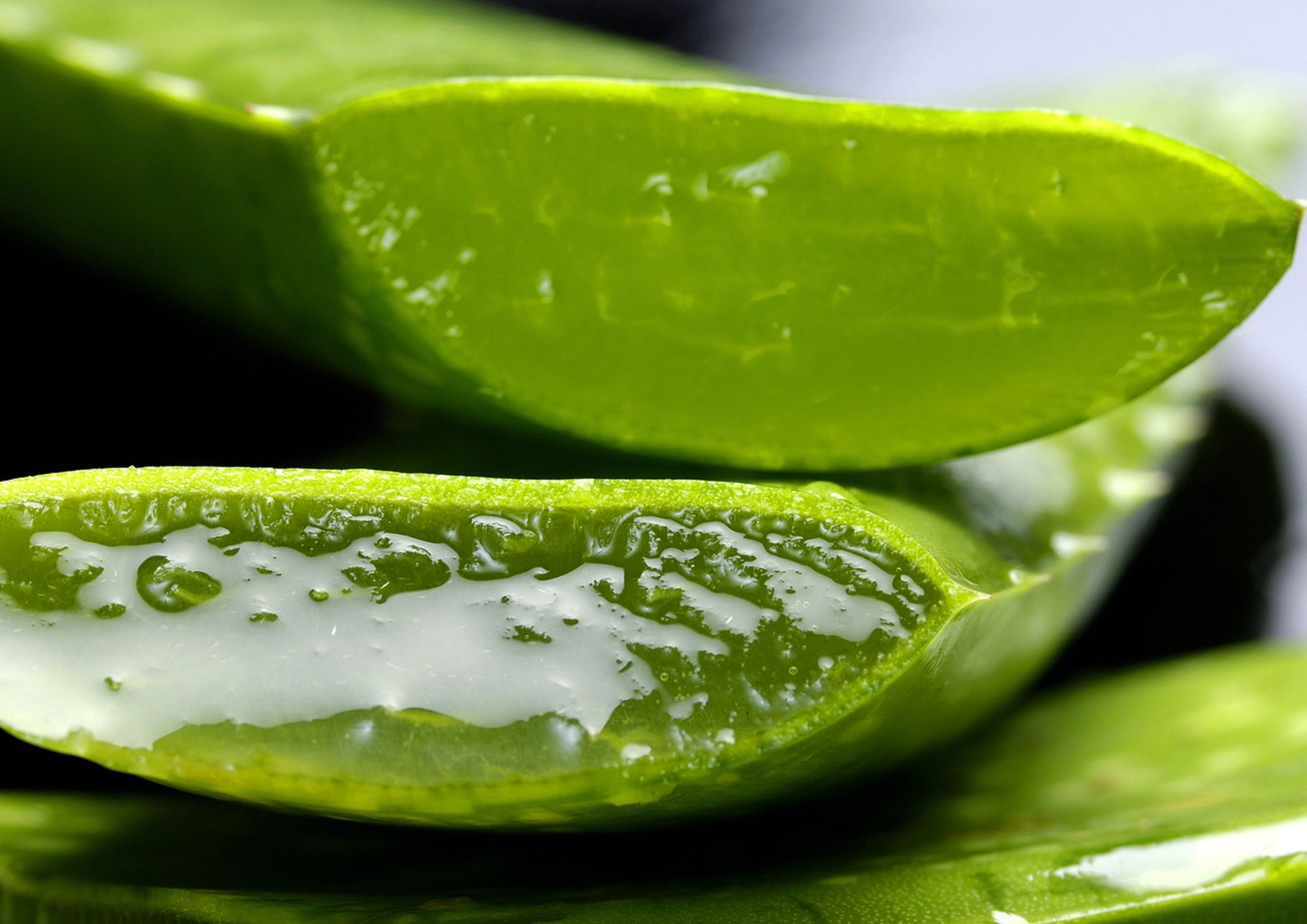Aloe vera for foot care: gel or balm, which is better?
Comparison focused on dry, cracked or calloused feet
The skin of the feet, often forgotten in body care routines, requires special attention when it is dry, cracked, or calloused. In these cases, Aloe vera It stands out as one of the most effective natural ingredients for its regenerative, soothing, and moisturizing power. But within the universe of products based on this plant, a common question arises: is the pure gel more effective or a aloe vera balm specifically formulated for feet?
This article offers a detailed comparison between the gel and the aloe vera balm, analyzing which of these options is most appropriate for treating dry, cracked or persistent calloused feet.

Properties of Aloe vera in foot care
Before going deeper into the comparison, it is essential to know why the Aloe vera It is highly valued in the dermocosmetic field. Its leaf contains a pulp rich in water, mucilage, vitamins (A, C, E, group B), minerals, enzymes, and essential amino acids. This bioactive cocktail gives it the following properties:
-
Moisturizers: penetrates the deep layers of the skin.
-
Regenerative: stimulates the production of collagen and elastin.
-
Anti-inflammatory: soothes irritation.
-
Antibacterial and antifungal: combats common microorganisms on unkempt feet.
These qualities make Aloe vera a very effective natural solution for the main foot problems: extreme dryness, cracked heels, calluses, and burning or itching.
Aloe vera gel or Aloe vera balm?
Both the gel and the aloe vera balm They all contain the same active ingredient: the plant's juice or extract. However, their presentation, texture, complementary ingredients, and way of acting on the skin differ significantly. Below are the advantages and disadvantages of each.
Aloe vera gel: immediate freshness and purity
Aloe vera gel is usually sold in its purest form, with few additives. It has a light, watery texture and is quickly absorbed. Upon application, it provides an immediate cooling and soothing sensation, ideal for tired or itchy feet.
Advantages of the gel:
-
Provides quick and light hydration.
-
It does not leave a greasy residue or clog pores.
-
It absorbs in seconds, allowing you to put it on almost immediately.
-
Very effective for soothing mild irritations or post-sun exposure.
Disadvantages of gel:
-
Its hydration is superficial and short-lived.
-
It is not sufficient for deep cracks or severe calluses.
-
May require very frequent applications.
-
It evaporates easily and does not create a lasting protective barrier.
The gel is ideal for daily use in warm climates, for feet without major problems, or as a maintenance treatment. But for more extreme situations, it may fall short.
Aloe vera balm: intensive and restorative nutrition
He aloe vera balm, on the other hand, is a richer formulation. Although it contains aloe vera extract, it is complemented with other emollient ingredients such as shea butter, vegetable oils (almond, coconut, jojoba), urea, panthenol, among others.
Its texture is denser, creamier and occlusive, allowing for prolonged action at night or in adverse weather conditions.
Advantages of the balm:
-
Deeply hydrates, even thickened layers of the skin.
-
Helps soften persistent calluses and corns.
-
Repairs cracks and fissures more effectively.
-
It forms a protective film against external aggressions.
-
Provides sustained nutrition for several hours.
Disadvantages of the balm:
-
It takes longer to absorb.
-
May leave an oily feeling if applied excessively.
-
It requires a longer massage for correct application.
Thus, the aloe vera balm It is positioned as the best option for nighttime treatments, post-shower treatments, or as a weekly mask for severely affected feet.

Specific comparison: dryness, cracks and hardness
1. Dry feet: For mild to moderate dryness, the gel may offer initial relief, but it is recommended to complement it with a more nourishing cream or balm. aloe vera balm It provides longer-lasting hydration and prevents the flaking typical of this problem.
2. Cracked heels: Here, the gel falls far short. Although it provides temporary relief, it doesn't provide the lipids or protection needed to regenerate a crack. aloe vera balm, by including healing and emollient ingredients, it promotes visible repair in just a few days, especially if applied at night with cotton socks.
3. Calluses and hard skin: Calluses are formed by the accumulation of dead skin cells. Gel may soften the area slightly, but it does not make them easier to remove. However, a aloe vera balm with urea or salicylic acid as co-ingredients can help dissolve hardened layers and restore softness to the skin.
How to apply Aloe vera balm correctly?
To obtain the best results from the aloe vera balm, follow these steps:
-
Wash your feet well with warm water and neutral soap.
-
Exfolia with a file or pumice stone to remove dead cells.
-
Dry thoroughly, paying attention between the fingers.
-
Apply a generous amount of balm using a gentle circular massage, focusing on heels and hard areas.
-
Wear cotton socks If you apply it at night, to enhance absorption.
-
Repeat daily, especially after showering or before sleeping.
This daily routine visibly transforms the texture and appearance of your feet in one week.

Both the gel and the aloe vera balm have their place in foot care. Gel is best suited as a light, refreshing moisturizer for frequent use on undamaged skin. But when it comes to dry skin, deep cracks, or stubborn calluses, aloe vera balm offers an intensive, deep and effective action.
In addition, the aloe vera balm It allows you to combine the regenerative properties of Aloe with other nourishing active ingredients, making it an all-in-one formula to visibly restore the health of your feet. Therefore, if the goal is to restore damaged feet, aloe vera balm It is the most complete, versatile and effective choice.
